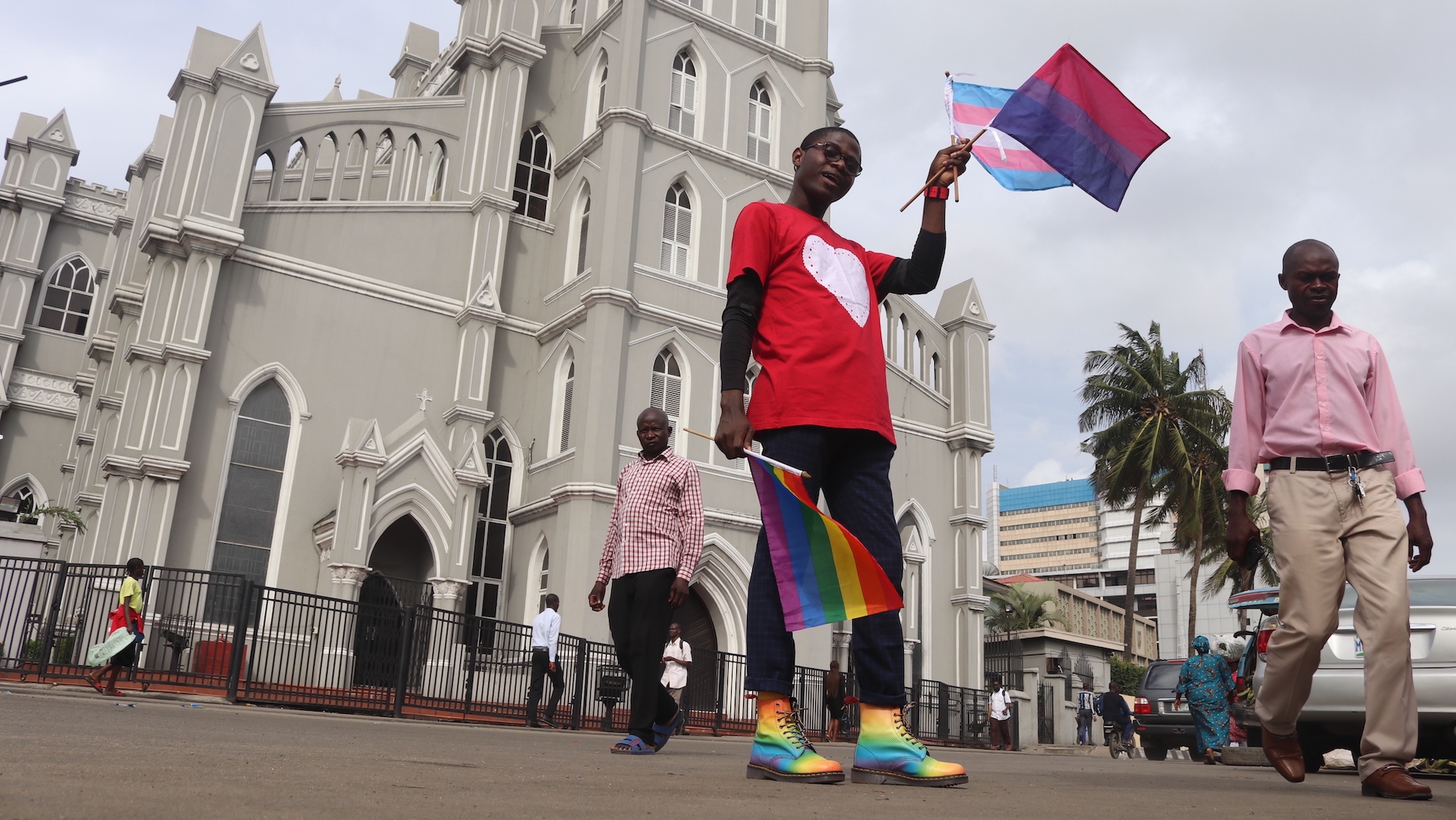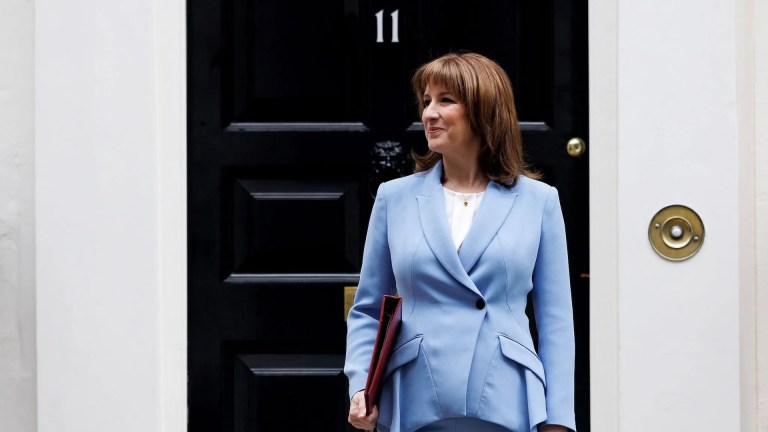A ‘culture of disbelief’ existing within the Home Office has resulted in an increase in pornographic videos being submitted as part of an asylum seeker’s claim. Large numbers of rejected asylum applications have led to claimants needing to take “desperate measures”, according to immigration lawyers.
UK Home Office tribunal transcripts detail various types of evidence which have been submitted by LGBTQ+ asylum seekers, in an effort to prove their sexuality to the court.
Your support changes lives. Find out how you can help us help more people by signing up for a subscription
Experiencing the system over and over again can have a huge mental effect on asylum seekers, with many being unsure of how to convince the immigration office that their story and sexuality are true. In Cameroon, homosexuality is criminalised and carries a risk of up to five years in prison. One applicant who fled to the UK due to fears of persecution experienced the cycle of rejection in 2017 within the Home Office process.
After already having their initial application rejected on the basis of providing a “vague explanation” of their ‘coming out’ story, this applicant had no choice but to provide physical evidence to support and verify their sexual identity.
In this case, the applicant produced further proof, including messaging history between themselves and their same-sex partner in which the endearing terms used with one another such as “dear” and “sweetheart” were scrutinised. Even the types of emojis, from hearts to kissy faces, were analysed by the court.
Advertising helps fund Big Issue’s mission to end poverty
A digital Valentine’s Day card sent between the couple was also accepted as evidence to prove the applicant’s sexuality.
Get the latest news and insight into how the Big Issue magazine is made by signing up for the Inside Big Issue newsletter
Other forms of evidence which have been previously accepted in an asylum seeker’s application include memberships to queer gyms and photos in queer spaces such as Pride marches or nightclubs. An applicant may also have witness statements from prior sexual partners, screenshots of their dating app profiles and further intimate images of themselves in queer settings.
Braverman’s recent comments suggesting applicants are pretending to be gay to “game the system” ignore the huge difficulties faced by those who, for most of their lives, have had to pretend to be straight. Entering a space where there are expectations to be vulnerable and open about sexual orientation, ‘coming out’ and sexual relationships can be a totally new concept for many LGBTQ+ asylum seekers in an already stressful and overwhelming situation.
In fact, for lesbian asylum applicants, there are further challenges in proving they are members of the LGBTQ+ community to the Home Office. Within the legislation criminalising homosexuality in 64 UN member States, women often aren’t included in the written law as only he/him pronouns are used.
A 2020 court transcript reveals a female applicant being labelled ingenuine as the intimate photos she submitted of herself and her same-sex partner appeared to be “staged”. Her appeal was dismissed on these grounds.
Advertising helps fund Big Issue’s mission to end poverty
Attending a Pride protest, having read a novel by Oscar Wilde and talking about the gay bars they have frequented all constituted as proof for lesbian asylum seekers in the UK, according to research from Claire Bennett and Felicity Thomas.
Western stereotypes and perceptions of queerness also shape the way lesbian applicants are reviewed and, ultimately, decide the fate of people trying to flee from danger. Failure to conform to cliches such as the ‘butch lesbian’ negatively affected a person’s chances of being granted asylum.
Media outlets and public figures have attempted to explain how you could prove your sexual orientation to the Home Office. From The Mirror publishing a quiz titled ‘‘Does the Home Office think you’re gay?’ in 2015 and Joe Lycett’s recent letter to Suella Braverman. His letter attacked the notion that people are pretending to be gay, instead offering a satirical alternative to proving sexuality involving choosing between a Lady Gaga CD and an M&S Blue Harbour fleece It shows that, of course, there is no step-by-step method to proving your sexual orientation to the Home Office.
Proving your sexuality to the UK Home Office is a vague and difficult process with asylum seekers left with no information on how to verify their identity.
Jess Walmsley (@jess11.walmsley) is a queer migration researcher and a member of The Big Issue Breakthrough programme, designed to help young people begin a career in the media industry









